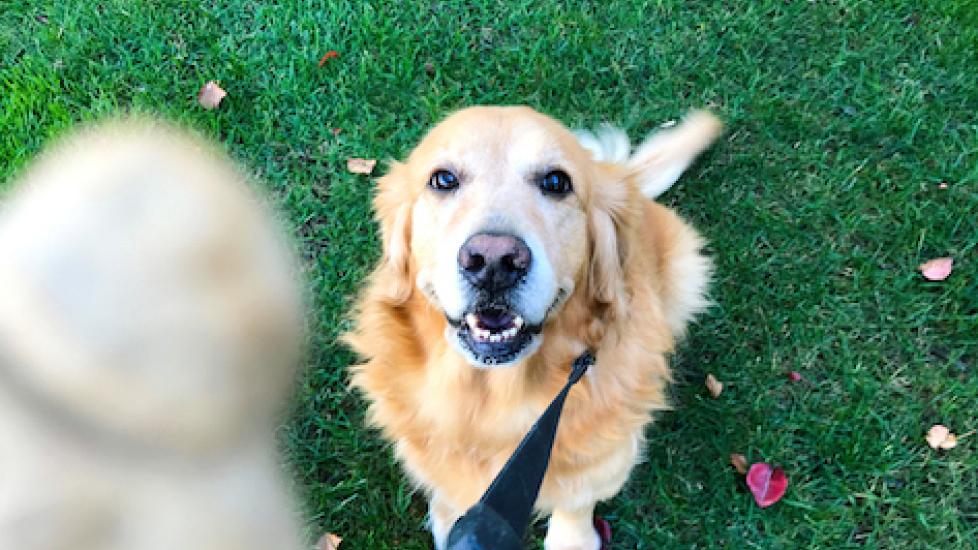As a pet expert, I’m excited to share some essential training tools that can make senior dog care more enjoyable and effective. With their advancing age comes unique challenges in mobility and cognitive function, but these tools are designed to help dogs stay active, engaged, and mentally stimulated throughout their golden years.
1. Slow Feeder Toys (also known as “puzzle toys”): These interactive toys challenge your dog’s problem-solving skills while slowing down fast eaters. They encourage mental stimulation, which is crucial for maintaining a sharp mind even when physical activity may be limited due to arthritis or other conditions common in older dogs.
2. Gentle Leader Headcollars: For dogs who pull on the leash or have difficulty walking steadily, gentle leaders provide a gentler alternative to traditional collars. They guide the head and neck without causing discomfort, making walks safer and more pleasant for both you and your furry companion.
3. Adjustable Harnesses: As dogs grow older, they might develop issues with fitting into standard harnesses comfortably. Look for adjustable models made from breathable materials that won’t rub or chafe sensitive skin. The right fit will ensure comfort during daily outings and exercise sessions.
4. Heated Beds: Older pets tend to prefer warmer spots around the house. A heated bed provides consistent warmth, helping them maintain body temperature without overheating. This is particularly beneficial for arthritic dogs that find it difficult to get up frequently to change positions.
5. Interactive Treat Dispensers: Just because your dog has aged doesn’t mean they lose interest in play! Interactive treat dispensers like Kongs or similar products keep seniors entertained by requiring them to work for treats. It’s a fun way to prevent weight gain and boredom, two common concerns among aging pups.
6. Low Steps/Ramps: Stairs can become challenging for elderly dogs with joint pain or weakened limbs. Providing low steps or ramps makes it easier for them to access different levels of your home safely and confidently.
7. Calming Collars and Diffusers: Hormonal changes associated with aging can lead to anxiety in dogs. Products such as calming collars or diffusers release soothing scents that promote relaxation, reducing stress during thunderstorms, fireworks, or vet visits.
8. Weight Management Scales: Keeping track of your senior’s weight is important not only for overall health but also for preventing obesity-related problems like hip dysplasia or diabetes. Regular weigh-ins using a pet scale at home can assist in monitoring diet effectiveness and adjusting portions accordingly.
9. Cushioned Leashes: Thicker leashes with padding can reduce pressure on an old dog’s teeth and gums if they still enjoy chewing while walking. They also offer better grip for owners whose hands may ache from arthritis themselves.
10. Mobility Aids (if needed): In severe cases where regular movement becomes difficult, consider consulting with a veterinarian about appropriate mobility aids such as wheelchairs or support slings tailored specifically towards your dog’s needs.
Training our beloved senior pooches requires patience, understanding, and often adapting methods based upon individual circumstances; however, incorporating these helpful gadgets into daily routines goes beyond mere convenience—it fosters happiness by ensuring each day spent together remains fulfilling despite any obstacles brought forth by time itself!
